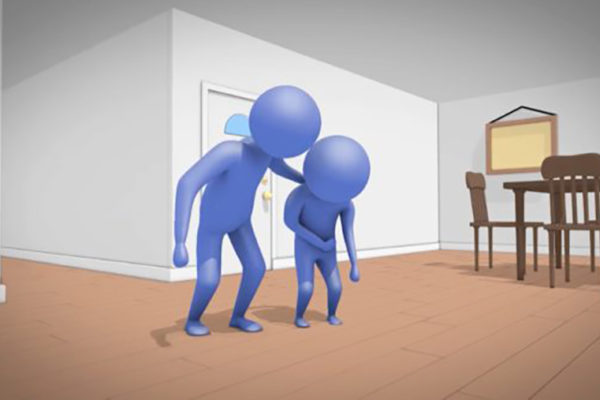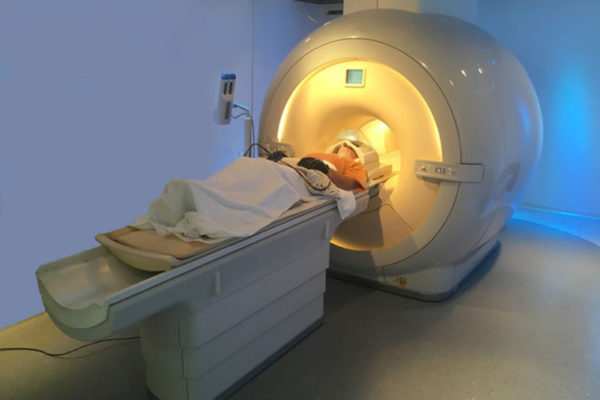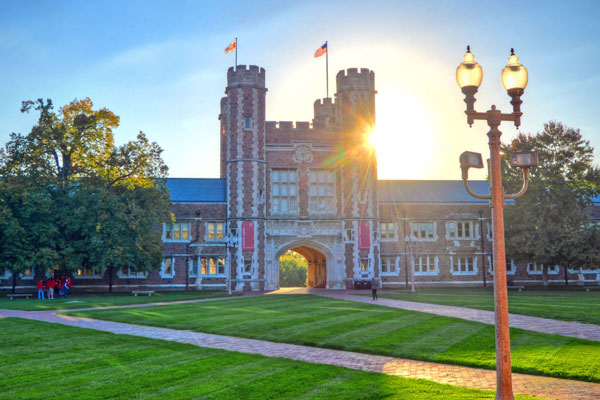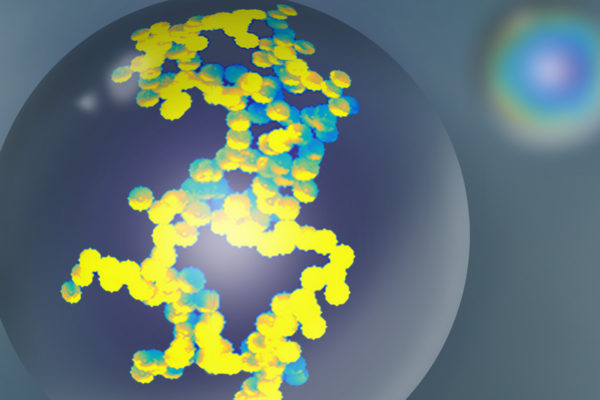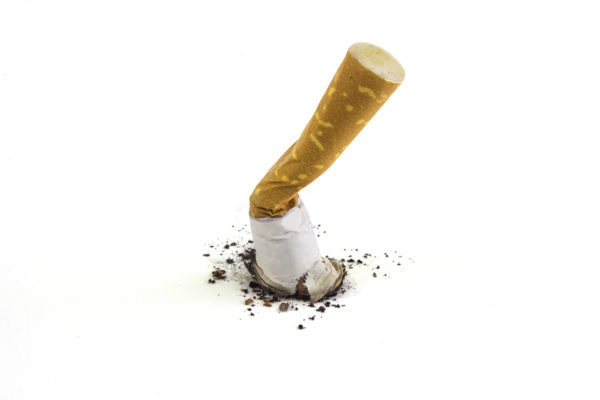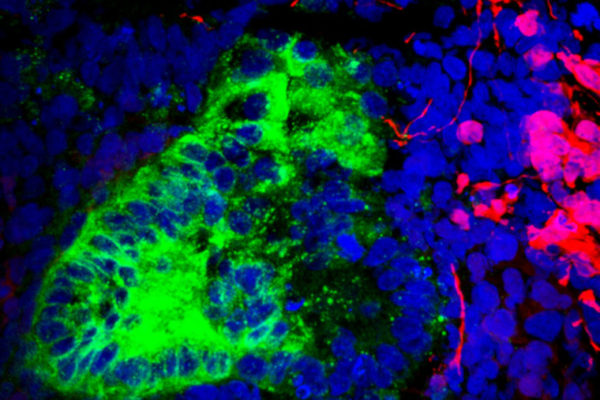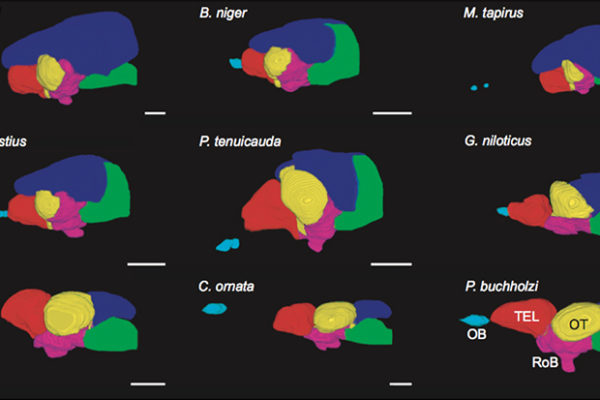Probiotics no help to young kids with stomach virus
A major U.S. study led by School of Medicine researchers has found that a commonly used probiotic is not effective in improving symptoms of diarrhea and vomiting in young children with gastroenteritis.
MRI scans shows promise in predicting dementia
Doctors may one day be able to gauge a patient’s risk of dementia with an MRI scan, according to a new study from the School of Medicine. Using a new technique for analyzing MRI data, researchers were able to predict who would experience cognitive decline with 89 percent accuracy.
Board of Trustees grants faculty appointments, promotions
At the Washington University in St. Louis Board of Trustees meeting Oct. 5, the following faculty were appointed with tenure or promoted with tenure, effective that day.
Engineers discover a new law of light absorption
Researchers in the School of Engineering & Applied Science have discovered a new, natural law that sheds light on the fundamental relationship between coated black carbon and light absorption.
WashU Expert: Banning menthol cigarettes big boost to public health
The U.S. Food and Drug Administration (FDA) announced this week it plans to ban menthol cigarettes and flavored cigars in the United States. While the move could take years to implement, it would be a boon to reducing health disparities, says an expert at Washington University in St. Louis.
Justin Phillip Reed wins National Book Award for Poetry
Justin Phillip Reed, a 2015 graduate of the MFA Writing Program in Arts & Sciences, has won the 2018 National Book Award for Poetry. The award is generally considered among the world’s most prestigious literary prizes.
Brain, muscle cells found lurking in kidney organoids grown in lab
School of Medicine scientists have identified rogue cells – namely brain and muscle cells – lurking in kidney organoids, an indication that the “recipes” used to coax stem cells into becoming kidney cells inadvertently are churning out other cell types. The researchers also demonstrated they could prevent most of those wayward cells from forming, an approach that could be adopted by scientists working with other organoids, such as those of the brain, lung or heart.
New maps hint at how electric fish got their big brains
Washington University researchers have mapped the regions of the brain in mormyrid fish in extremely high detail. In a study published in the Nov. 15 issue of Current Biology, they report that the part of the brain called the cerebellum is bigger in members of this fish family compared to related fish — and this may be associated with their use of weak electric discharges to locate prey and to communicate with one another.
What a deep dive into the deep blue sea is teaching us
Slow-motion collisions of tectonic plates under the ocean drag about three times more water down into the deep Earth than previously estimated, according to a first-of-its-kind seismic study that spans the Mariana Trench. The work has important implications for the global water cycle, according to Douglas A. Wiens in Arts & Sciences.
Parking and Transportation shares alerts, provides updates
The Parking and Transportation team at Washington University in St. Louis is providing important alerts and reminders to the campus community and an update on future plans, including focus groups, vehicle storage options and a new shuttle service.
View More Stories
